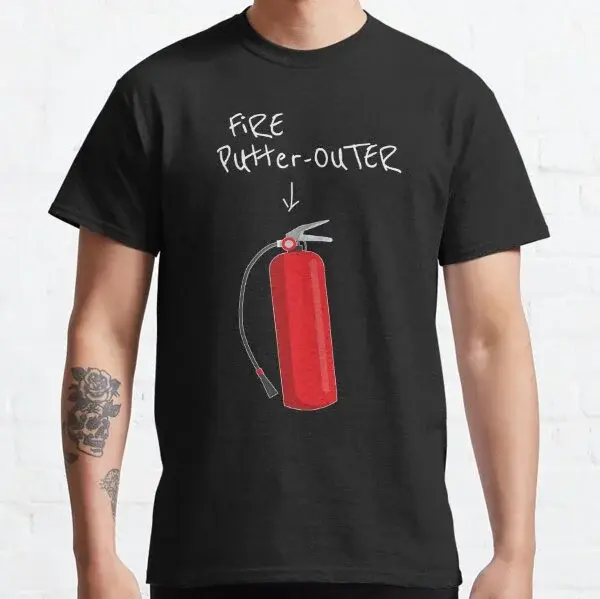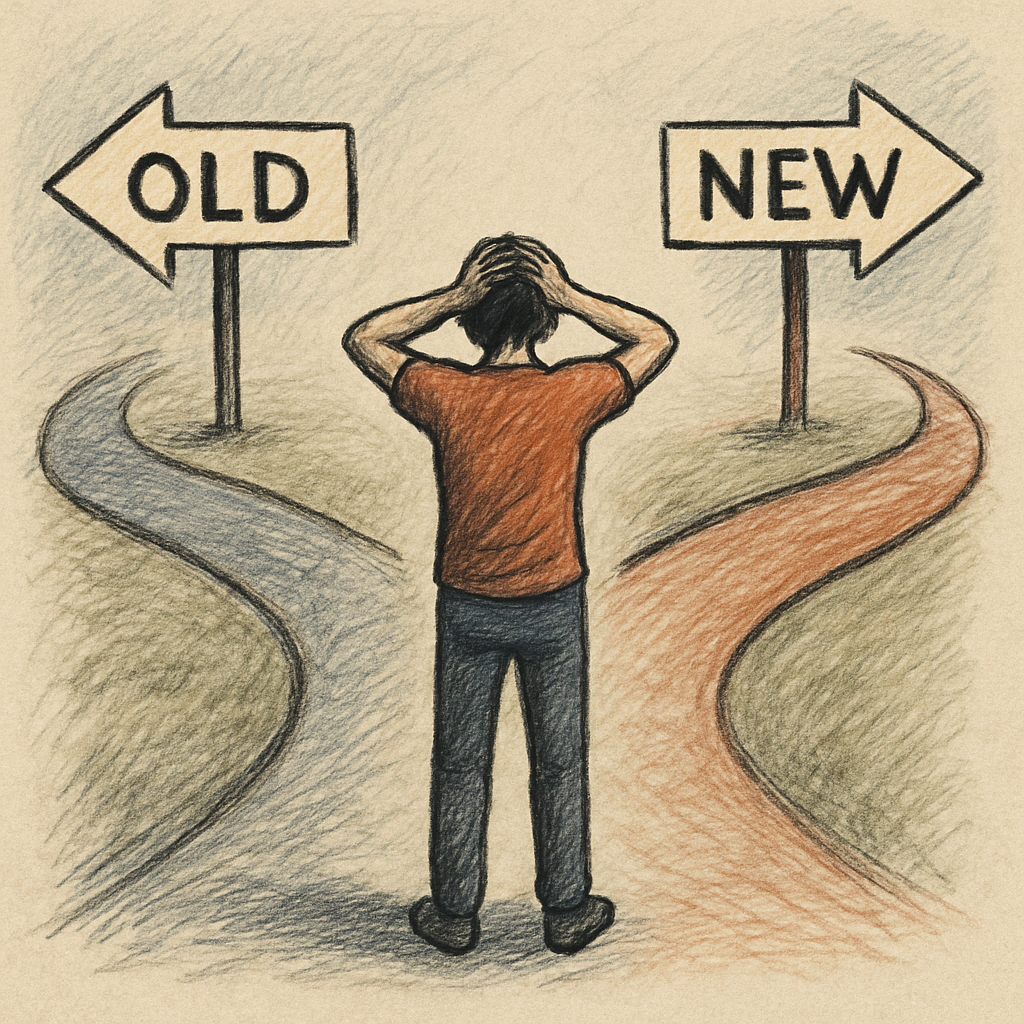[Guest blog by SMART Facilitator Rick Kuplinski]
It had all the ingredients of an anxiety-producing situation for someone in early recovery: time away from home and work, a long flight, meeting up with old college friends over a long weekend of nights on the town, and a bachelorette party. And of course, the wedding itself with open bar, the toasts, people sneaking off to the restroom a suspicious number of times. And so on. When the young woman about to be a bridesmaid spoke about this in a SMART Recovery meeting, one could hear the fear in her voice: “Will I be able to handle it? What will I say to people? What will they think of me? Maybe I should just take a break from sobriety?”
During recovery we will face events in our lives for the first time while trying to remain free of our addictive behaviors. These include those that occur every year, like holidays, birthdays and anniversaries, the big company meeting or the annual family gathering. But they also can be those that occur less regularly, like a class reunion, a retirement celebration, or a wedding like the one facing our young bridesmaid. On the one hand, these can be motivating. (We might be looking forward to re-entering the world with renewed mental and physical health.) But very often, they also can be challenging, as the situation of our sober bridesmaid suggests.
It is very typical for participants in SMART Recovery to bring situations like these to our meetings for helpful conversations (what we call “crosstalk”) about how others have handled them by using the principles and tools of the program. When speaking of these things we live by a ground rule of sharing our experiences (“This is what I learned and found helpful”) vs. giving direct advice (“You need to do this”). In our crosstalk with the sober bridesmaid, participants shared experiences that others facing similar situations might find useful:
Envision how we would like things to be: Develop a simple and realistic vision of how we would like things to turn out. What happens? What are we doing? How do we feel? What is our goal for how we interact with others? Example for the sober bridesmaid: “For the wedding weekend, I will have a good time on my terms. I want to enjoy the company of old friends. At the same time, however, I will not stay in situations that challenge my commitment to recovery. I will be neither evasive nor effusive about my abstinent behavior. I am prepared to confide in trusted friends about it if that occurs naturally, but if not a simple ‘I don’t drink/get high anymore’ will be enough. My ultimate goal is getting on the plane home with my recovery intact and feeling good about how I handled myself as a newly sober person.”
Reflect on how our past behavior might upset this vision: We know us better than anyone. After developing a vision of how we would like things to be, we have a wealth of experience about how things can go sideways. It is a good time to think about the people, places and things that might trigger us so we can prepare, for example, with our “go-to” urge coping strategies. If unhelpful beliefs are forming in our minds, it is a good time to begin challenging those so as to avoid “the lapse before the relapse” that might occur weeks before the actual event. For example, a thought like “everyone will be expecting a bridesmaid to join the party” can be countered with a more effective new belief like: “Nobody really cares whether a bridesmaid get plastered. It is not required for people to have a good time, and that includes me.”
Make a plan and stick to it. Long before our bridesmaid gets on the plane (or we begin traveling to our event), it is important to make a list of whatever it is we think we can do to increase the likelihood that things will be what we want to be and to decrease our behavior causing or contributing to issues we may have experienced in the past. These can be things we are already doing that we plan to continue or step up. They can be new things. They can be things we do on our own. Or they can be things we do in cooperation with others. Some examples we brainstormed in the SMART Recovery meeting with the sober bridesmaid:
- Continue to attend weekly SMART meetings in the time leading up to the wedding.
- Re-read the SMART Recovery handbook chapter on coping with urges.
- Do an ABC* on the last time addictive behavior got out of hand on a similar occasion to better understand how to avoid the same outcome.
- Gather a few things to take on the trip that will remind you of your motivation to stay sober, such as your HOV or CBA.**
- Take along pleasant diversions like movies to watch, books to read or projects to work on while on the plane, delayed in an airport or bored in a hotel room.
- Learn and practice relaxation techniques like deep breathing if things get particularly stressful.
- Role play responding to challenging situations and people, for example those “friends” who seem unable to accept others not getting drunk or high with them.
- Form a “sober posse” with others who are committed to remaining abstinent, and have an escape plan if there is a need to take a break from or leave the wedding altogether.
So, how did it go for the sober bridesmaid? She did just fine. She returned from the wedding where a good time was had by all, including her. Her recovery remained intact and strong. She said it wasn’t as challenging as she feared because she was prepared in a SMART way.
*For information on the ABC Tool, see pages 50 to 53 of the SMART Recovery Handbook or go to smartrecovery.org
**For information on the HOV (Hierarchy of Values) and CBA (Cost-Benefit Analysis) Tools, see pages 14 to 23 of the SMART Recovery Handbook or go to www.smartrecovery.org
To find and in-person or online meeting go to the “Meetings” tab at www.smartrecovery.org




